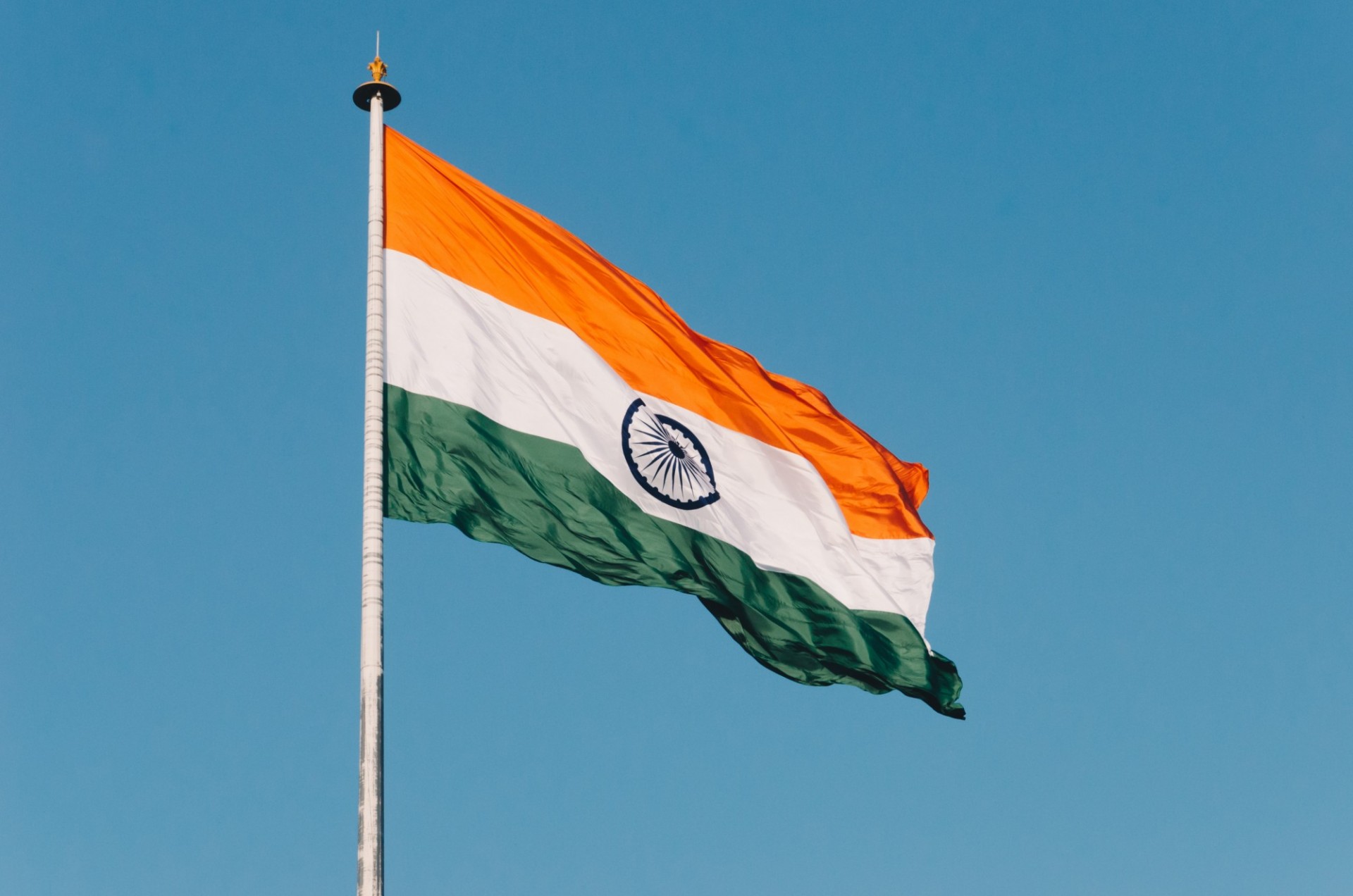In 2014, the Supreme Court of India ordered an update of the NRC, a register of all Indian citizens in the state of Assam, citing unverified data to justify large-scale illegal migration. Serving as an exercise to separate Indian citizens from “foreigners,” the NRC is responsible for the unimaginable harassment of a large section of society. Now the government wants to implement the NRC all over India, sparking protests across the country. Join us for a conversation on the human rights implications of the NRC and India’s recently-passed Citizenship Amendment Act (CAA).
Speakers:
- Aman Wadud, Human Rights Lawyer; Founder of the Justice and Liberty Initiative
- Rohit De, Associate Professor, Yale University; Legal Historian of Modern South Asia; author of A People’s Constitution: Law and Everyday Life in the Indian Republic
Aman Wadud is a Human Rights Lawyer based in Guwahati. He litigates before Guwahati High Court and various Foreigners Tribunal across Assam. He defends people accused of being illegal migrants and those who are detained in various detention centres of Assam. He represented several detainees and got them released after years of detention. Wadud extensively worked in the NRC process; he travelled to various districts of Assam to educate people about NRC. He has also been organizing training programs for lawyers who work before Foreigners Tribunal. He recently founded Justice and Liberty Initiative to provide pro bono legal aid to NRC excluded people who can’t afford lawyers. Wadud has also been continuously writing about the citizenship issue in India and violation of due process before the Foreigners Tribunal.
Dr. Rohit De is a lawyer and historian of modern South Asia and focuses on the legal history of the Indian subcontinent and the common law world. As a legal historian he moves beyond asking what the law was, to what actors thought law was and how this knowledge shaped their quotidian tactics, thoughts and actions. In recent years, this has enabled his research to move beyond the political borders to South Asia to uncover transnational legal geographies of commerce, migration and rights across Africa, Southeast Asia and the Carribean. His current research focuses around two major strands: the histories of political lawyering and the nature of the postcolonial state in South Asia.

